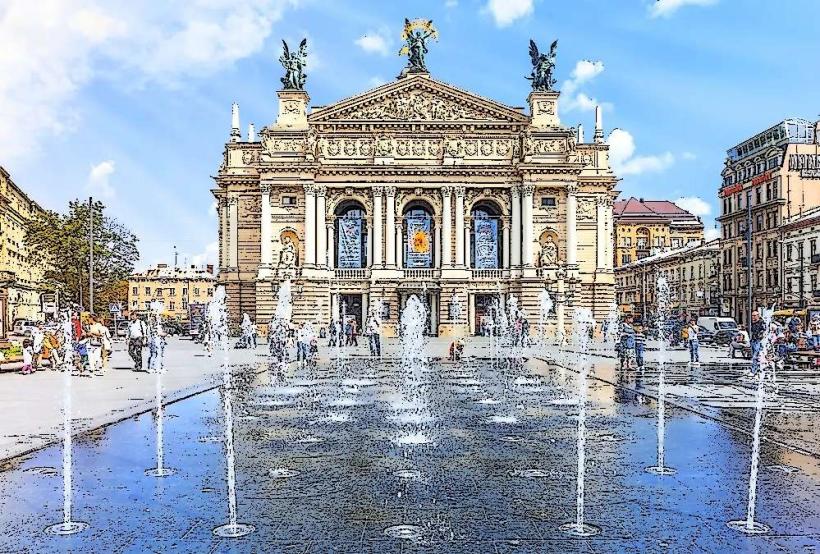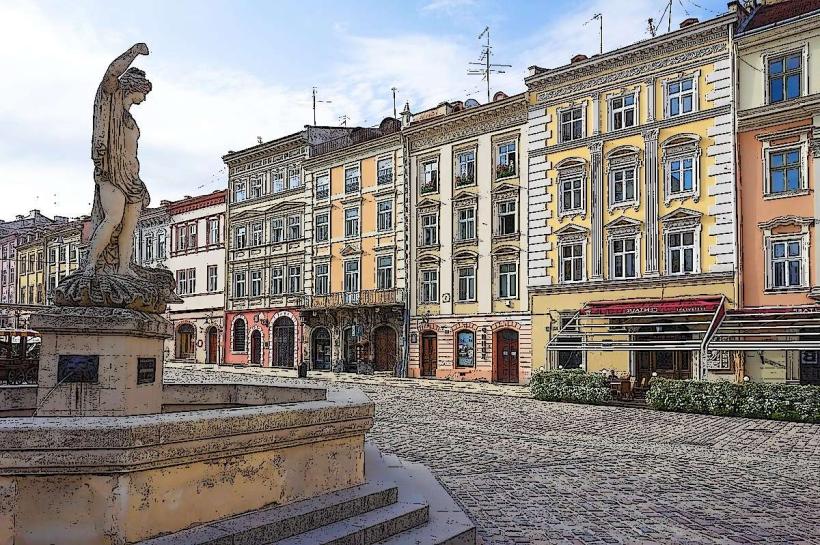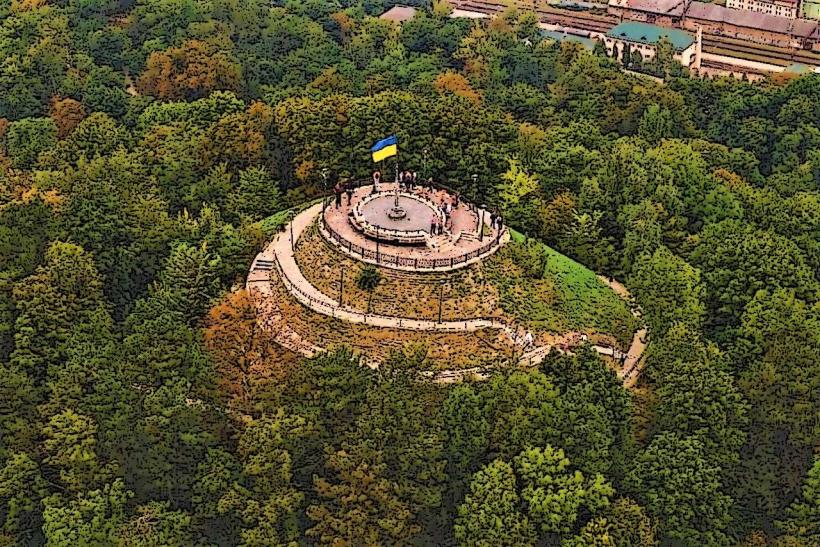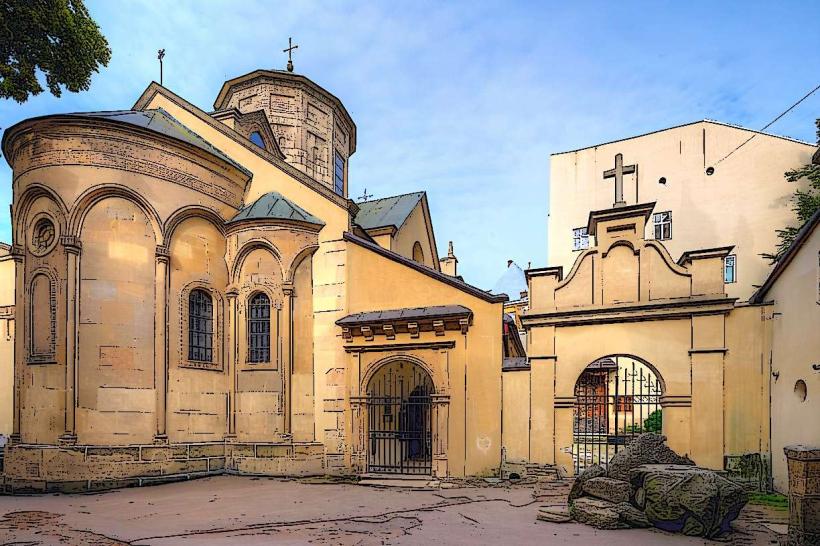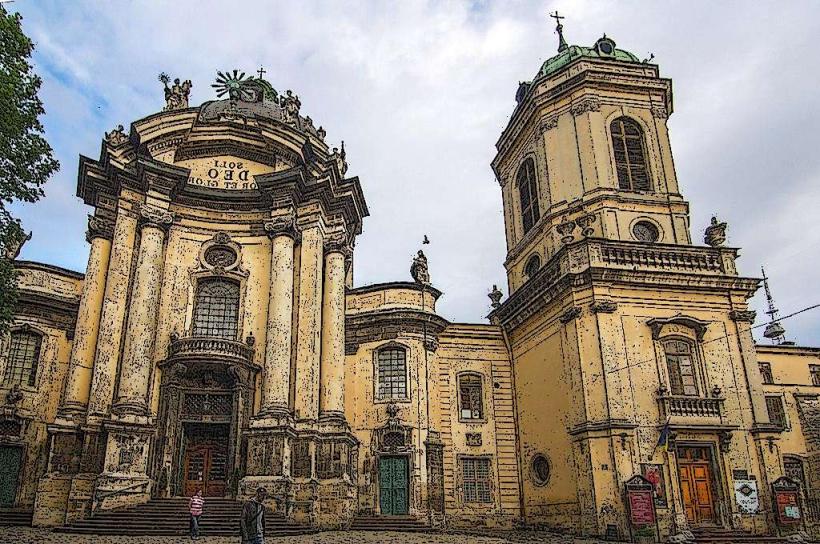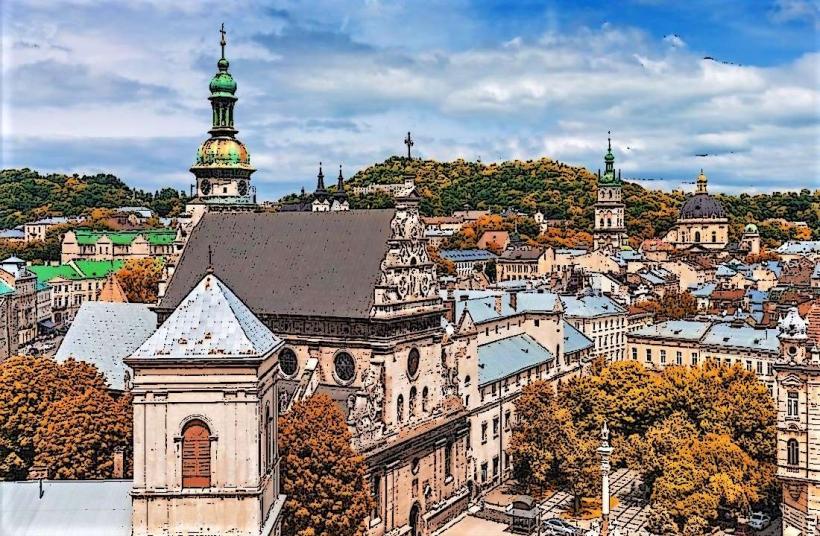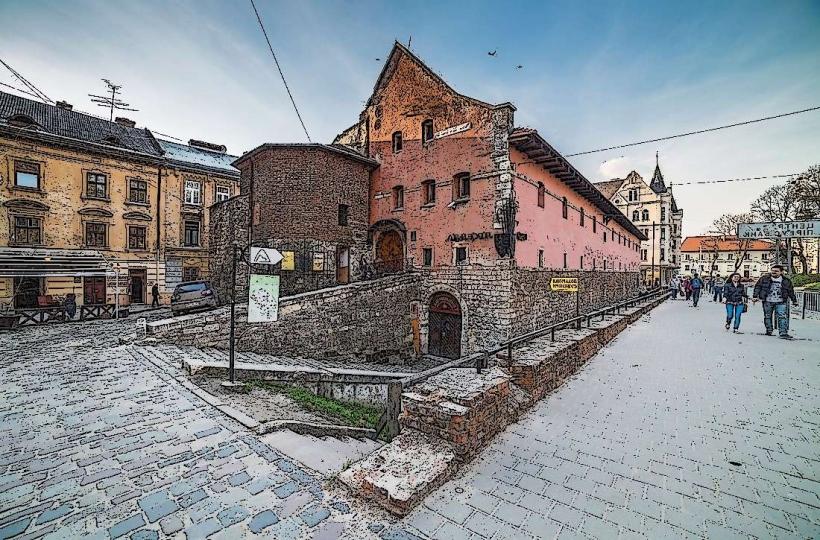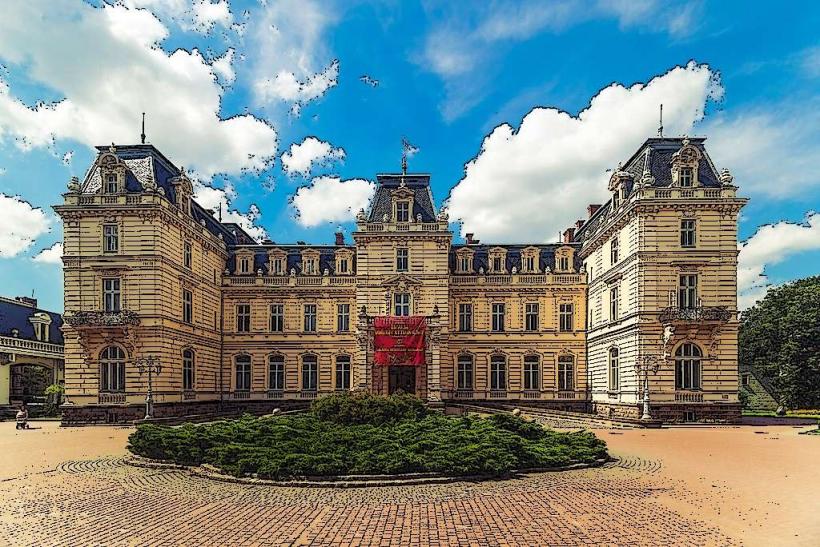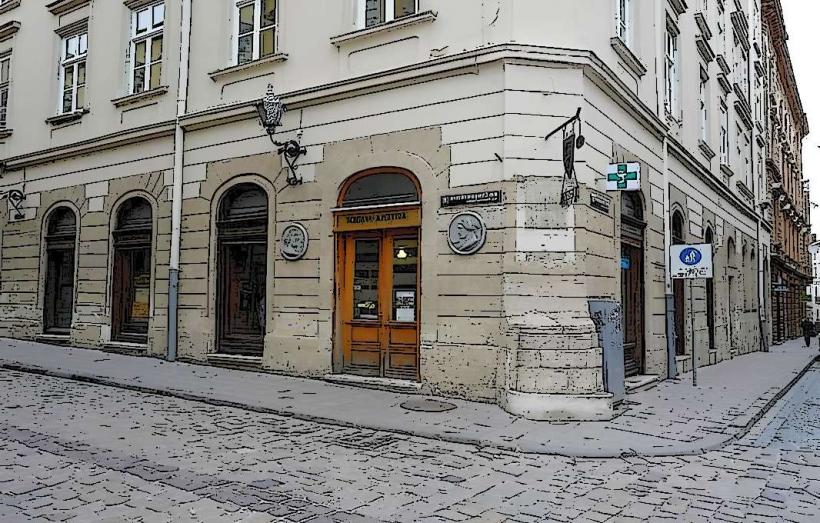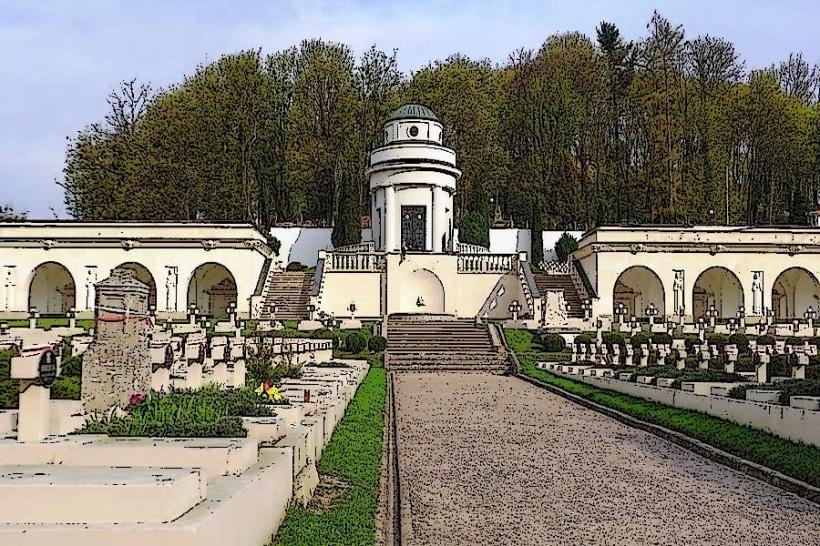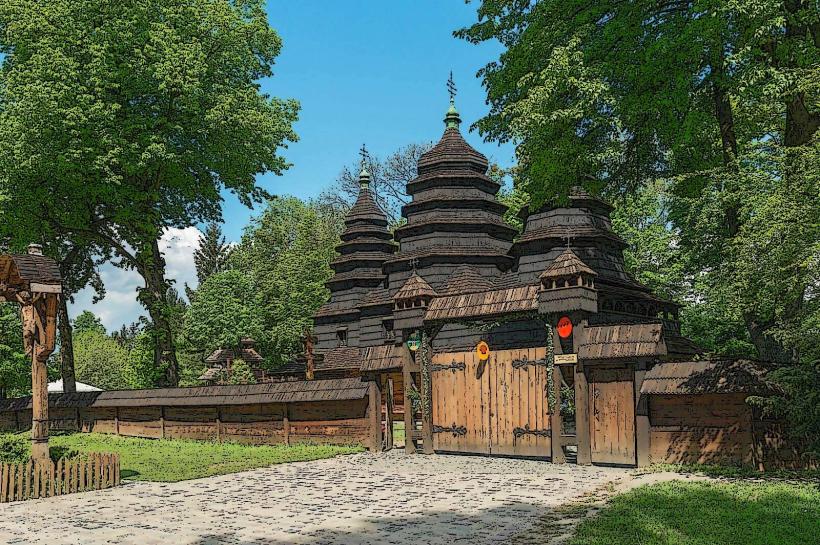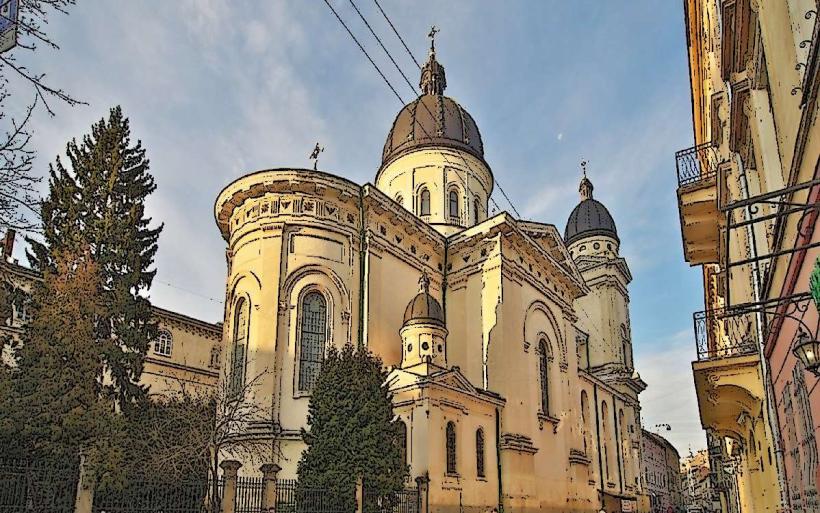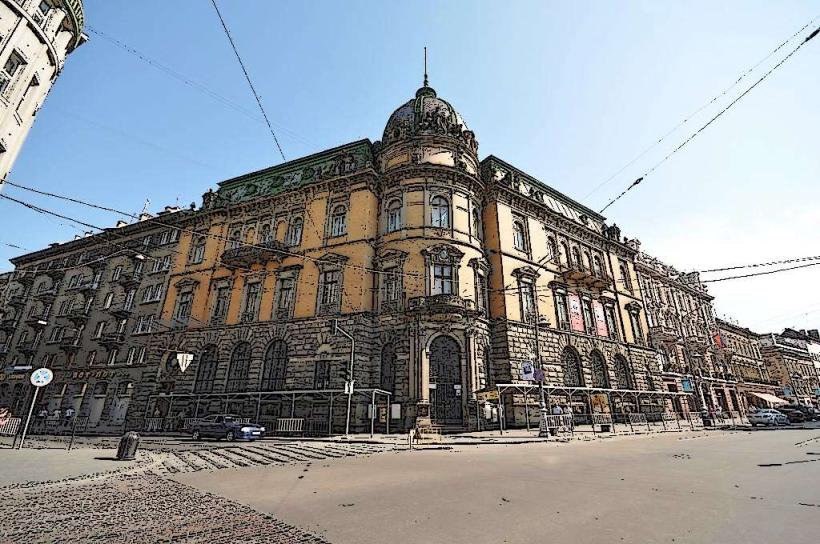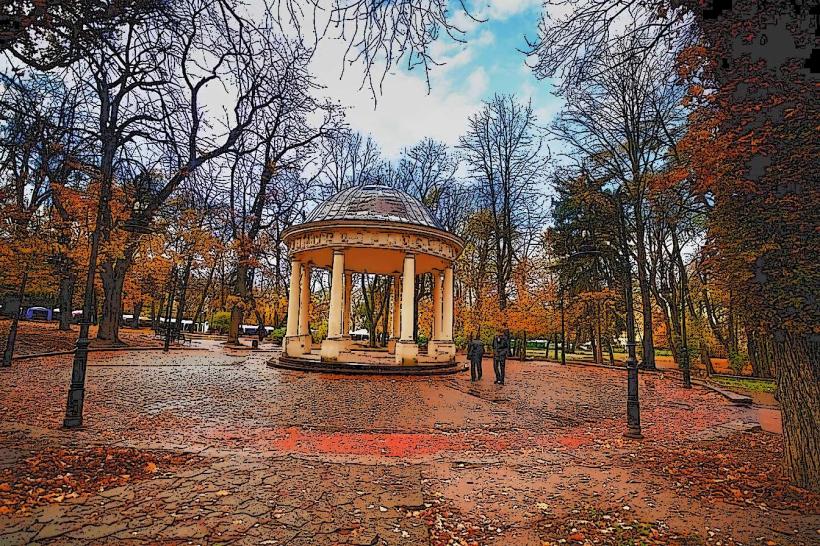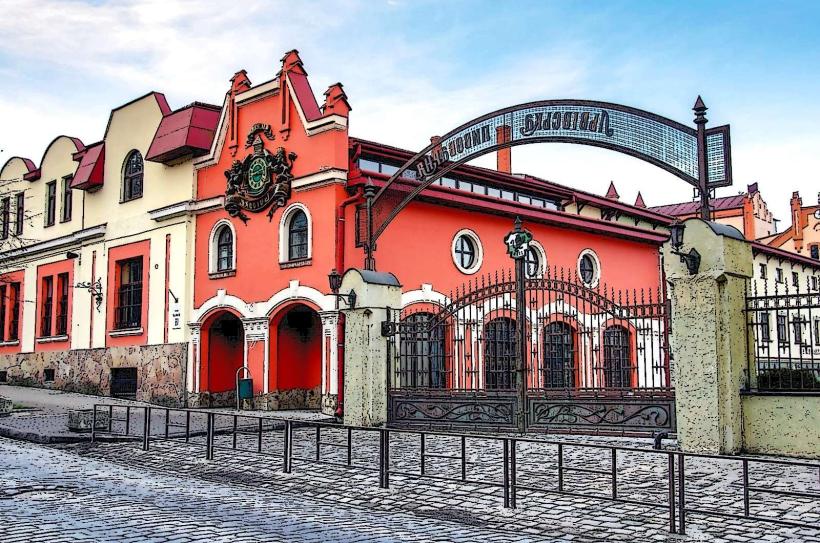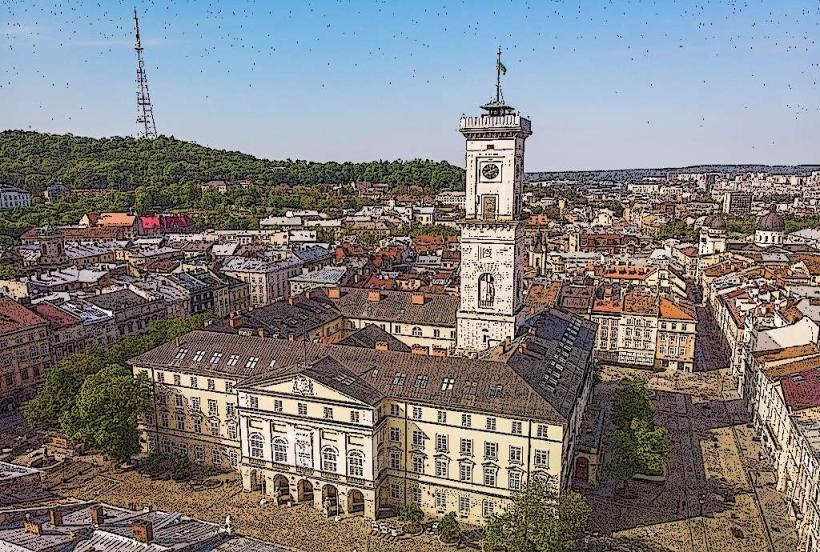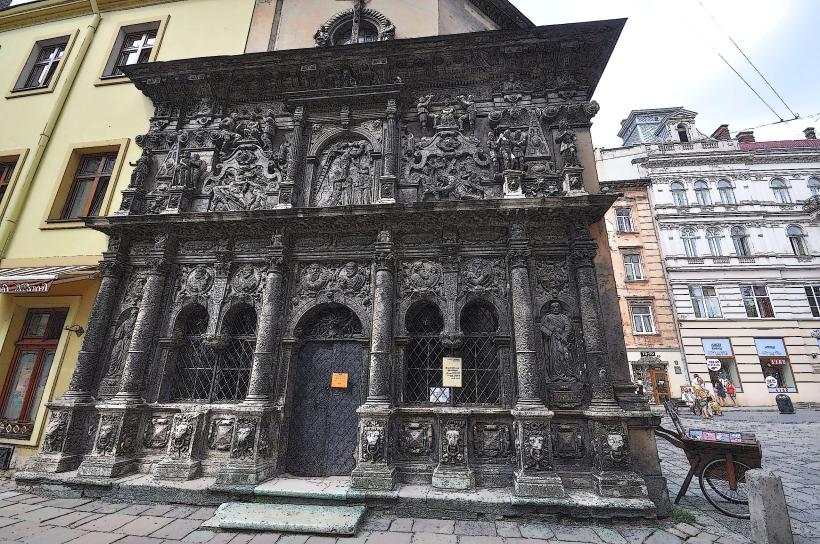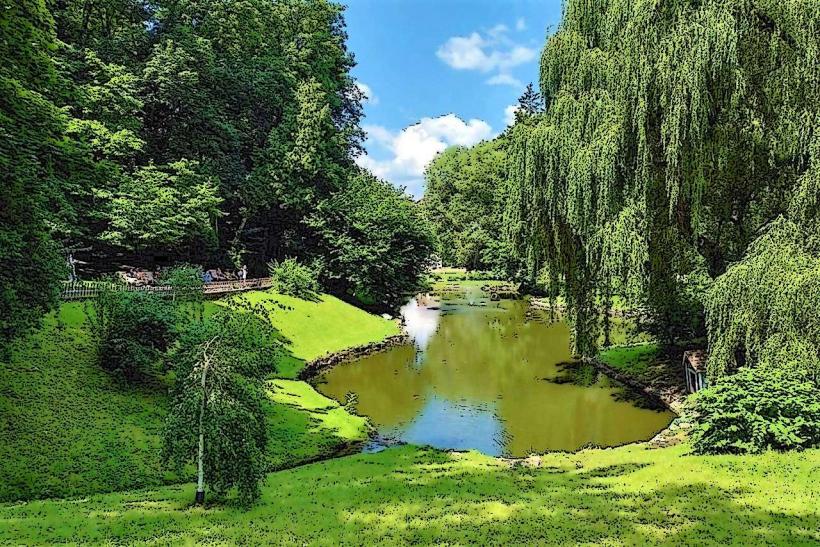Information
Landmark: Latin Cathedral (Archcathedral Basilica of the Assumption of the Blessed Virgin Mary)City: Lviv
Country: Ukraine
Continent: Europe
Latin Cathedral (Archcathedral Basilica of the Assumption of the Blessed Virgin Mary), Lviv, Ukraine, Europe
The Latin Cathedral, officially the Archcathedral Basilica of the Assumption of the Blessed Virgin Mary, is a Roman Catholic cathedral located in Lviv, Ukraine.
This Gothic-style cathedral is constructed primarily from stone and features a prominent bell tower. Its exterior is characterized by pointed arches, ribbed vaults, and buttresses, with a facade predominantly in shades of grey stone. The interior houses numerous chapels and altars, adorned with religious art and sculptures.
Location & Access Logistics
The cathedral is situated in the historic city center of Lviv, at Ploshcha Katedralna, 1. It is approximately 0.5km southwest of Rynok Square. Vehicle access to the immediate vicinity is restricted due to pedestrian zones; parking is available in multi-story garages located 0.8km to the east (e.g., Horodotska Street parking) or on side streets further from the center. Public transport routes serving the city center, such as bus lines 9, 17, and 29, stop within a 5-minute walk.
Historical & Ecological Origin
Construction of the cathedral began in the mid-14th century, around 1360, under the patronage of Casimir III the Great. It was built on the site of an earlier church and served as the primary Roman Catholic church for the city and the region. The architectural style reflects the Gothic period, with later Baroque additions and renovations.
Key Highlights & Activities
Visitors can observe the main altar, the chapels dedicated to various saints, and the tomb of King Casimir III. Photography is permitted within the nave and chapels. Services are held regularly, and guided tours focusing on the architectural and historical aspects are available upon request.
Infrastructure & Amenities
Restrooms are located within the cathedral complex. Limited shaded areas are available in the immediate plaza. Cell phone signal (4G/5G) is generally strong in this central urban area. Food vendors and cafes are abundant in the surrounding streets and Rynok Square.
Best Time to Visit
For optimal interior lighting and fewer crowds, visiting between 10:00 AM and 12:00 PM on weekdays is recommended. The exterior is best photographed in the late afternoon when sunlight illuminates the western facade. Weather is generally most favorable for exploration from May to September.
Facts & Legends
A notable historical detail is the presence of the tomb of Casimir III the Great, the Polish king who initiated the cathedral's construction. Local lore suggests that a hidden passage once connected the cathedral to the nearby Dominican Monastery, though its existence remains unverified.
Nearby Landmarks
- Rynok Square (0.5km Northeast)
- Lviv City Hall (0.6km Northeast)
- Dominican Church and Monastery (0.3km West)
- Armenian Cathedral of Lviv (0.7km Northwest)
- Boim Chapel (0.7km Northeast)

